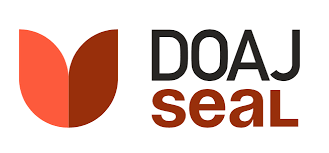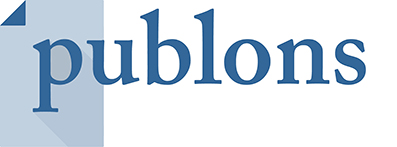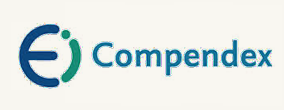A plastic stress intensity factor approach to turbine disk structural integrity assessment
DOI:
https://doi.org/10.3221/IGF-ESIS.37.25Keywords:
Structural integrity, Turbine disk, Plastic stress intensity factor, Quote-elliptical part-through crackAbstract
This study based on a new fracture mechanics parameter is concerned with assessing the integrity of cracked steam turbine disk which operate under startup-shutdown cyclic loading conditions. Damage accumulation and growth in service have occurred on the inner surface of slot fillet of key. In order to determine elastic-plastic fracture mechanics parameters full-size stress-strain state analysis of turbine disk was performed for a quote-elliptical part-through cracks under considering loading conditions. As a result distributions of elastic and plastic stress intensity factors along crack front in slot fillet of key of turbine disk depending on surface crack form are defined. An engineering approach to the prediction of carrying capacity of cracked turbine disk which is sensitive to the loading history at maintenance is proposed. The predictions of the rate of crack growth and residual lifetime of steam turbine disk are compared for elastic and elastic-plastic solutions. It is shown that the previously proposed elastic crack growth models provide overestimate the lifetime with respect to the present one. An advantage to use the plastic stress intensity factor to characterize the fracture resistance as the self-dependent unified parameter for a variety of turbine disk configurations rather than the magnitude of the elastic stress intensity factors alone is discussed.
Downloads
Downloads
Published
Issue
Section
Categories
License
Copyright
Authors are allowed to retain both the copyright and the publishing rights of their articles without restrictions.
Open Access Statement
Frattura ed Integrità Strutturale (Fracture and Structural Integrity, F&SI) is an open-access journal which means that all content is freely available without charge to the user or his/her institution. Users are allowed to read, download, copy, distribute, print, search, or link to the full texts of the articles in this journal without asking prior permission from the publisher or the author. This is in accordance with the DOAI definition of open access.
F&SI operates under the Creative Commons Licence Attribution 4.0 International (CC-BY 4.0). This allows to copy and redistribute the material in any medium or format, to remix, transform and build upon the material for any purpose, even commercially, but giving appropriate credit and providing a link to the license and indicating if changes were made.




































